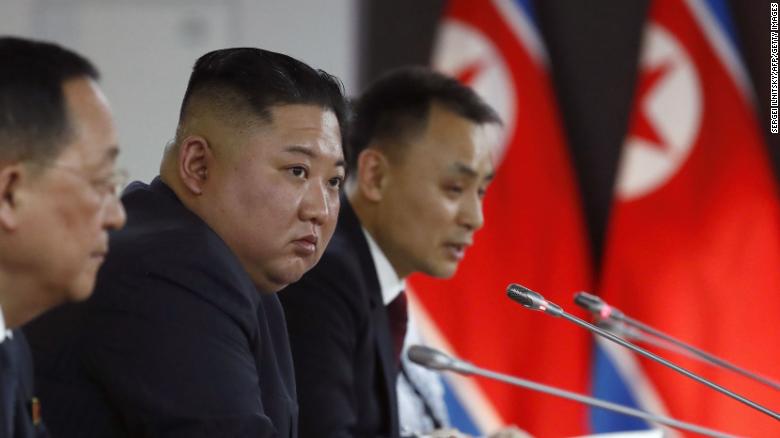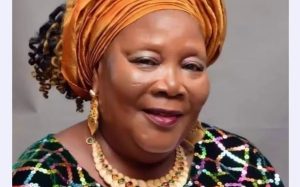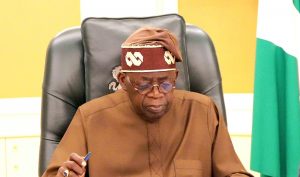Xi Jinping arrives in North Korea

Xi left the Chinese capital Thursday morning with his wife and several key aides, including Foreign Minister Wang Yi, top diplomat Yang Jiechi, and key economic adviser He Lifeng, according to Chinese state media.Xi will spend two days in the North Korean capital with leader Kim Jong Un, in what is expected to be a largely symbolic affair. Photographs from Pyongyang showed parts of the city being decorated for the occasion, adorned with Chinese and North Korean flags, balloon displays and banners that read “unbreakable friendship.”China’s state-run People’s Daily reported that Kim and his wife greeted the Chinese first couple upon their arrival in Pyongyang with the typical pomp and circumstance of a state visit — a 21-gun salute, military band and children presenting flowers. The two then traveled by open-top car to the Kumsusan Palace of the Sun, the mausoleum for North Korean founder Kim Il Sung and former North Korean leader Kim Jong Il. In an opinion piece published Wednesday in North Korea’s state-run newspaper Rodong Sinmun, Xi wrote that he hopes to use the visit to “engrave a new chapter of the traditional friendship” between the two countries. Though Xi has written for foreign media ahead of visits to other countries, it’s rare for North Korea’s state-controlled media to publish something from a foreign head of state. The two leaders have since held talks, China’s state-run Xinhua news reported. The visit is a coup for Kim, whose regime is believed to have sought a visit from Chinese leadership for some time. Kim invited Xi to Pyongyang in March 2018, after the North Korean leader’s first trip to Beijing. Some experts say Beijing may have been holding out, waiting for the right conditions for a visit and seeking to extract a price from Pyongyang in exchange.”What’s remarkable is how long it’s been for Xi to make this trip … if you consider how overdue it is, from a North Korean perspective it’s quite significant at least,” said John Delury, a professor at Yonsei University’s Graduate School of International Relations.”I think what the Chinese are trying to signal is that this is official recognition of Kim Jong Un’s North Korea.”
]]]]>]]>
Analysts believe that Xi’s trip could portend some movement in the stalled nuclear talks between North Korea and the United States. Those talks have been on ice since the Hanoi summit between Kim and US President Donald Trump ended abruptly, with the two sides failing to reach a deal. “This visit highlights China’s unique influence and makes it easier for China to showcase its potential contribution in helping move the denuclearization diplomacy forward,” said Tong Zhao, a fellow at the Beijing-based Carnegie-Tsinghua Center for Global Policy.”If China’s mediation can prove helpful, it would also help demonstrate the usefulness of China to the United States as a constructive partner over key regional issues,” added Tong.Xi and Trump are expected to meet on the sidelines next week at the G20 in Osaka, Japan, where they will likely discuss both the trade war between their two countries and nuclear talks with North Korea.Trump said last week that he received a “beautiful” letter from Kim, which officials in the White House officials viewed as a “reset” ahead of a possible third summit. But a source familiar with the message’s contents told CNN it lacked substance and did not contain any details on a way forward for the two countries.Xi previously visited Pyongyang in 2008, when he was China’s vice president and when Kim Jong Un’s father, Kim Jong Il, ruled North Korea. His trip Thursday is the first visit of a Chinese leader to North Korean since 2005, a time period marred by mutual mistrust and, at times, outright loathing between the two countries. After Kim took power in 2011, he proceeded to purge pro-Beijing officials from Pyongyang’s ranks, including his uncle Jang Song Thaek. Kim then ramped up North Korea’s testing and development of nuclear weapons and ballistic missiles in open defiance of China’s wishes. Kim began to pursue diplomacy in early 2018 and improved relations between China and North Korea became an important priority for both sides.Since then, North Korea has neither conducted nuclear tests nor fired long-range ballistic missiles, and the United States has either canceled or suspended major military exercises.Those are both considered key wins for Beijing when it comes to affairs on the Korean Peninsula, said Evans Revere, a former assistant secretary of state for East Asia and the Pacific during the George W. Bush administration. He also served as the deputy head of the US negotiating team with North Korea during the Clinton administration. “The overall situation is lending itself quite favorably to Chinese interests right now,” Revere said.CORRECTION: This story has been updated to correct Evans Revere’s position during the Clinton administration. CNN’s Steven Jiang, Yoonjung Seo and Paula Hancocks contributed reporting







